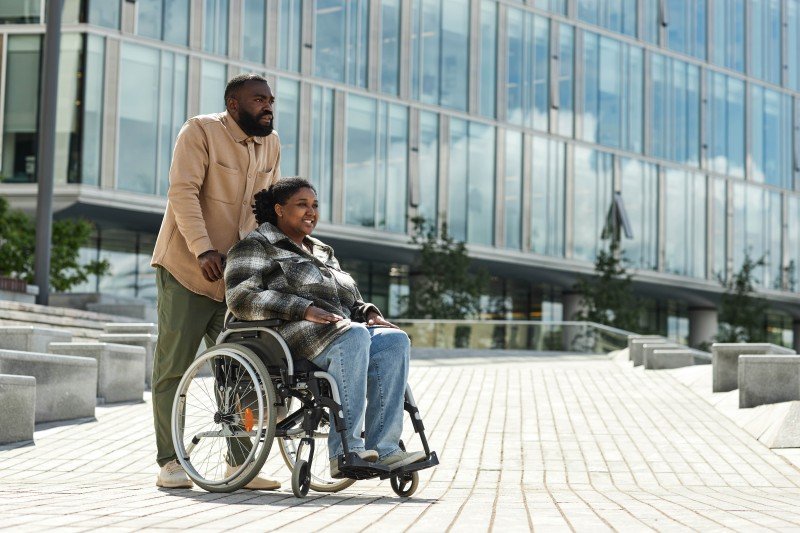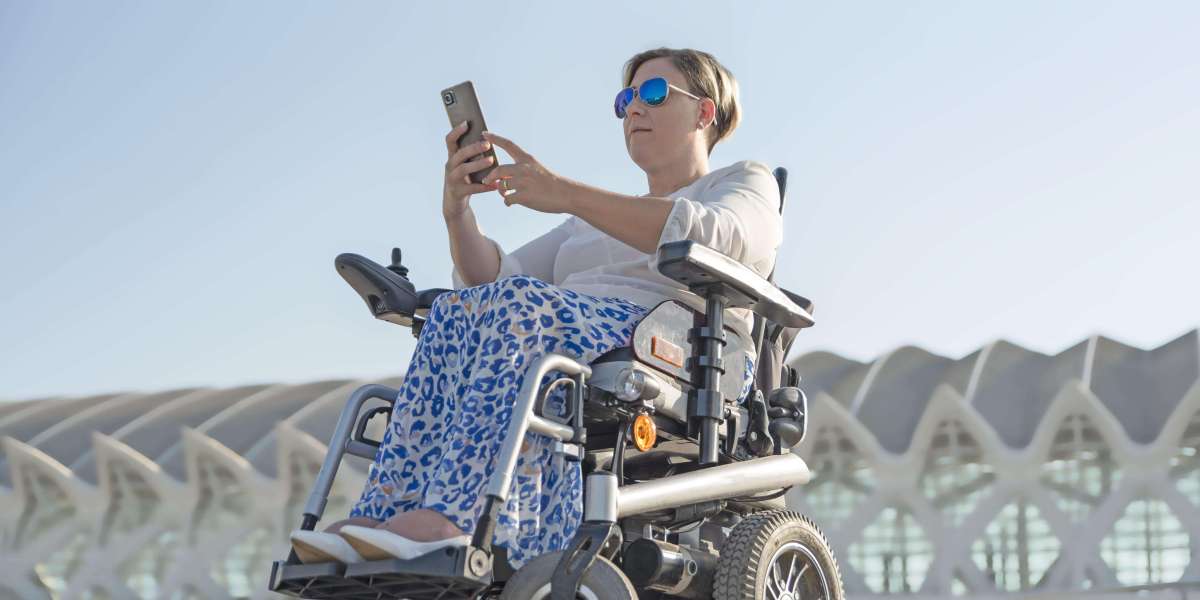Navigating the World of Mobility Scooters in the UK
Mobility scooters have actually become an important tool for lots of in the United Kingdom, using a useful and dignified option for individuals with mobility concerns. These scooters not just boost the quality of life for their users however likewise supply a sense of self-reliance and flexibility. This detailed guide aims to supply an introduction of mobility scooters in the UK, including their advantages, types, acquiring factors to consider, and upkeep suggestions.
Intro to Mobility Scooters
A mobility scooter shop scooter is a battery-powered car designed to assist individuals with strolling troubles or limited mobility to move more easily. Unlike manual wheelchairs, which require considerable physical effort, mobility scooters are simple to run and can be utilized both indoors and outdoors. They are particularly useful for older grownups and people with specials needs, allowing them to take a trip longer ranges and browse various terrains with ease.
Benefits of Mobility Scooters
Self-reliance and Freedom
- Mobility scooters empower users to take a trip separately, lowering the requirement for help from others.
- They can be utilized for daily activities such as shopping, going to good friends, or attending social occasions.
Economical
- While there are preliminary costs, mobility scooters can be an affordable alternative to other mobility aids, specifically with time.
- Numerous models are readily available for lease or lease, providing flexibility for users with differing requirements.
Comfort and Safety
- Scooters are designed with ergonomic seats and adjustable functions to ensure comfort throughout long periods of usage.
- Security features such as lights, horns, and braking systems improve user self-confidence and security.
Social Inclusion
- By allowing individuals to participate in neighborhood activities, mobility scooters promote social inclusion and decrease feelings of seclusion.
Health Benefits
- Routine use of a mobility scooter can help maintain physical health by motivating users to stay active and engaged.
Types of Mobility Scooters
Mobility scooters in the UK come in different types, each developed to cater to different requirements and preferences:
Class 2 Scooters (Pavement Scooters)
- Speed: Up to 4 miles per hour
- Use: Designed for usage on pavements and within indoor areas
- Advantages: Compact and light-weight, perfect for short distances and day-to-day errands
Class 3 Scooters (Road and Pavement Scooters)
- Speed: Up to 8 miles per hour on roadways and 4 miles per hour on pavements
- Usage: Suitable for longer journeys and can be used on both roadways and pavements
- Advantages: More robust and capable of dealing with different terrains, consisting of rough surfaces and inclines
Off-Road Scooters
- Speed: Varies, however normally higher than Class 2 and Class 3 scooters
- Usage: Designed for off-road usage, consisting of parks, tracks, and unequal surface areas
- Advantages: Enhanced sturdiness and traction, perfect for daring users
Travel Mobility Scooters
- Speed: Varies, however normally up to 4 mph
- Usage: Portable and easy to dismantle for transportation
- Advantages: Perfect for users who travel often and need a portable option
Buying Considerations
When buying a mobility scooter, a number of aspects need to be considered to ensure the very best fit for the user's requirements:
User's Physical Condition
- Weight Capacity: Ensure the scooter can support the user's weight.
- Height and Reach: Choose a model that is adjustable to fit the user's height and reach comfortably.
Planned Use
- Indoor/Outdoor: Determine if the scooter will be utilized mostly inside, outdoors, or both.
- Terrain: Consider the kind of terrain the user will browse, including any hills or rough surfaces.
Battery Life and Range
- Battery Type: Lithium-ion batteries are generally more efficient and longer-lasting than lead-acid batteries.
- Variety: Check the scooter's variety to guarantee it satisfies the user's everyday travel requirements.
Safety Features
- Brakes: Look for scooters with trusted braking systems.
- Lights and Horns: Essential for visibility and signaling others.
Service Warranty and Customer Support
- Guarantee: Ensure the scooter includes a comprehensive guarantee.
- Consumer Support: Choose a credible producer with great customer care and assistance.
Maintenance and Safety Tips
Appropriate upkeep is crucial to make sure the durability and security of a mobility scooter:
Regular Battery Checks
- Charging: Always keep the battery credited avoid deep discharge.
- Cleaning: Keep the battery compartment tidy and totally free from dirt and wetness.
Tire Maintenance
- Inflation: Regularly check and preserve appropriate tire pressure.
- Inspection: Inspect tires for wear and damage, replacing them as needed.
Clean and Lubricate
- Cleaning: Wipe down the scooter frequently to keep it complimentary from dirt and gunk.
- Lubrication: Lubricate moving parts to avoid rust and ensure smooth operation.
Safety Checks
- Brakes: Test the brakes routinely to ensure they are working properly.
- Lights and Horns: Check that all security functions are operational.
Follow Manufacturer Guidelines
- Manual: Refer to the user manual for particular upkeep directions.
- Service: Schedule regular service talk to a certified service technician.
Regularly Asked Questions (FAQs)
Can anyone use a mobility scooter?
- No, only people with a medical need or disability are qualified to use a mobility scooter on public roadways and pavements in the UK. However, they can be utilized by anyone on private home.
Do I need a license to drive a mobility scooter?
- No, a license is not needed to use a Class 2 or Class 3 mobility scooter. Nevertheless, users should be over 14 years old and have an authentic requirement for the scooter due to a disability or medical condition.
How quick can a mobility scooter go?
- Class 2 scooters have a maximum speed of 4 miles per hour, while Class 3 scooters can reach up to 8 mph on roads and 4 miles per hour on pavements.
Can I take a mobility scooter on public transportation?
- Some public transport, such as trains and buses, might permit mobility scooters mobility for sale, but it depends upon the specific service and the size of the scooter. It's best to talk to the transport provider ahead of time.
What is the lifespan of a mobility scooter?
- With correct maintenance, a mobility scooter shop scooter can last a number of years, typically in between 5 and 10 years.
Can I get monetary assistance to buy a mobility scooter?
- Yes, financial support might be available through the Disabled Facilities Grant (DFG), regional authorities, or charitable companies. Furthermore, some insurance providers may cover part of the cost.
Mobility scooters are an important aid for individuals with mobility problems in the UK, offering a series of take advantage of increased independence to enhanced social participation. By considering the user's requirements, the designated use, and the scooter's features, one can pick the right model to enhance their quality of life. Routine upkeep and adherence to safety standards are necessary to make sure the scooter stays a reputable and safe mode of transportation. For those who qualify, financial assistance may be available to make the purchase more budget-friendly. Whether for daily use or periodic trips, a mobility scooter can substantially enhance the user's ability to navigate the world with confidence and ease.
Extra Resources
- Mobility Aids UK: A comprehensive directory site of mobility aids and scooters mobility for sale.
- NHS Choices: Information on mobility scooters cheap help and monetary support.
- Disability Living Allowance (DLA): Guidance on getting monetary support for disability-related expenses.
By checking out these resources and considering the points laid out in this guide, individuals can make an informed choice about purchasing and utilizing a mobility scooter in the UK.








